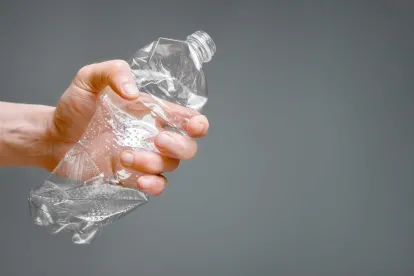The State of California has always been a leader in regulating chemical ingredients contained in products sold in the state (think Prop 65), and it has turned its sights towards per- and polyfluoroalkyl substances (PFAS). There are already laws on the books banning the sale or distribution of PFAS-containing food packaging and children’s products, and requiring disclosure of PFAS in cookware. California recently added to the list of products that must be PFAS-free within its borders, passing two new laws banning the use of PFAS in certain textiles and cosmetic products.
Under the newly passed AB 1817, beginning on January 1, 2025, “no person shall manufacture, distribute, sell, or offer for sale in the state any new, not previously used, textile articles that contain . . . PFAS.” Textile articles include, among other things:
-
Apparel
-
Furnishings
-
Towels
-
Napkins
-
Shower curtains
-
Handbags and backpacks
Manufacturers of textile articles must use the “least toxic alternative” when removing PFAS from these products, including using an alternative design. Manufacturers will also be required to provide a “certificate of compliance” to persons selling or distributing their products within the state, which must be signed by an “authorized official of the manufacturer,” stating that the textile article does not contain PFAS.
AB 1817 exempts “outdoor apparel for severe wet conditions” from the PFAS ban; however, if such products contain PFAS, they must be labeled “Made with PFAS chemicals,” including in any online listings for sale.
In addition to textile products, California also recently banned the use of PFAS in cosmetics. Under AB 2771, beginning on January 1, 2025, “no person shall manufacture, sell, deliver, hold, or offer for sale in commerce any cosmetic product that contains intentionally added PFAS.” Cosmetic products include any article intended to be applied to the human body for “cleansing, beautifying, promoting attractiveness, or altering the appearance.”
PFAS is considered to be “intentionally added” when a manufacturer adds PFAS for functional or technical effect on the product, or when PFAS are an intentional breakdown product of another added chemical.
With these two new laws, California is continuing the trend in regulating, requiring reporting, or outright banning products containing PFAS. Manufacturers should continue to take notice of these laws and how they might impact their products – both in the State of California and potentially beyond.



 />i
/>i

